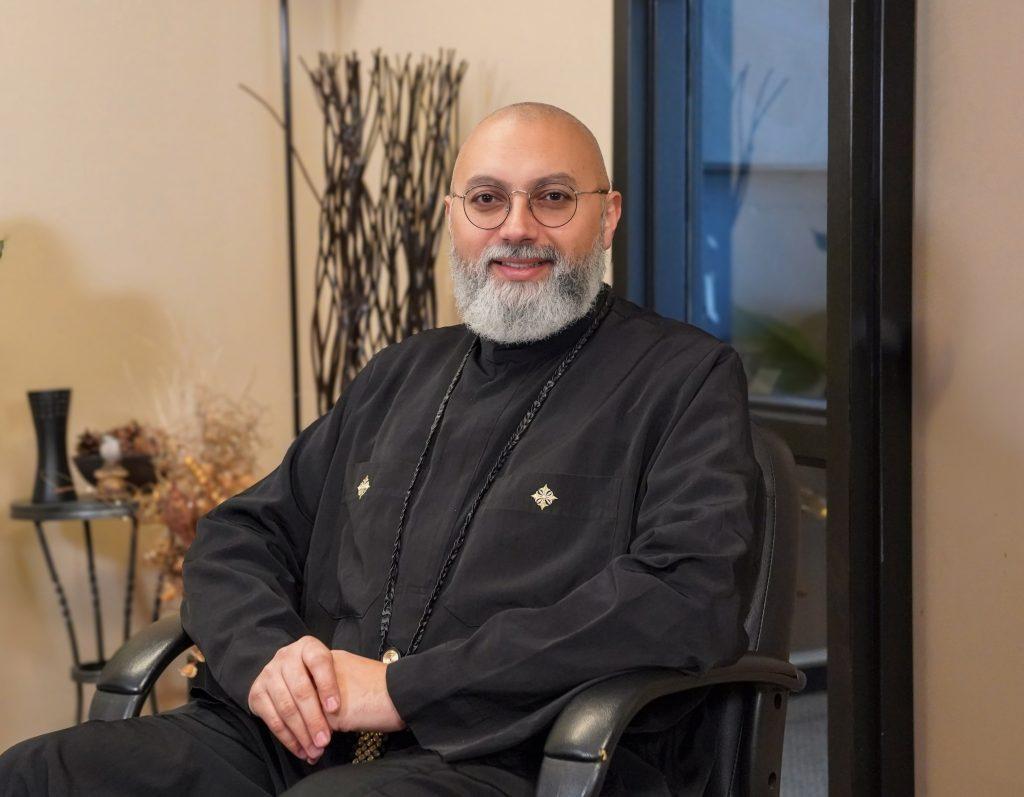Key Points:
- Supportive educational environments normalize and encourage self-care.
- Supervisory modeling and mentorship strengthen trainee resilience.
- Structured self-care training and skill-building are essential.
- Peer support and reflective practices foster emotional well-being.
- Personalized self-care planning enhances ownership and long-term commitment.
In the journey to becoming effective mental health professionals, counsellors-in-training (CITs) often face intense personal and professional challenges. As we explored in previous articles, barriers to self-care are significant—but they are not insurmountable.
In this third article of our five-part series, we focus on the stronghold of facilitators that help trainees overcome obstacles and embed sustainable self-care practices into their professional identity.
Why Facilitators Matter
Facilitators are more than helpful suggestions; they are critical structures and attitudes that empower trainees to act on their awareness of self-care.
Without intentional facilitators, even the most motivated trainees struggle to translate their good intentions into consistent action (Callan et al., 2021).
Facilitators act as bridge-builders, turning self-care from theory into lived reality.
Facilitator 1: Supportive Educational Environments
A powerful predictor of successful self-care implementation is the presence of a supportive educational culture.
When faculty and supervisors:
- Model healthy boundaries,
- Encourage open discussions about well-being,
- Create safe spaces for vulnerability and reflection,
Trainees feel permission and encouragement to prioritize their own needs (Grise-Owens et al., 2018).
Programs that treat self-care as a core competency—not a personal hobby—produce graduates who are resilient, ethical, and prepared for the realities of clinical work.
Practical Steps:
- Include self-care topics in course syllabi.
- Open supervision meetings with a “wellness check.”
- Reward acts of self-compassion alongside academic achievements.
Facilitator 2: Supervisory Modeling and Mentorship
Trainees learn not only by what supervisors say, but by what they do.
Supervisors who model:
- Healthy work-life boundaries,
- Reflective emotional processing,
- Professional humility about their own struggles,
Teach trainees that self-care is a mark of professionalism, not a sign of weakness (Mack, 2022).
When supervisors share their own strategies for managing stress and balancing demands, they give trainees a living blueprint for resilience.
Practical Steps:
- Supervisors can discuss their own self-care strategies during case consultations.
- Supervisory contracts can include self-care goals alongside clinical goals.
Facilitator 3: Structured Training and Skill-Building
Telling trainees to “practice self-care” without teaching them how is insufficient.
Trainees benefit most when self-care is structured into their education, similar to clinical skills training.
Effective structured training includes:
- Mindfulness practice modules (Choi & Hyun, 2023),
- Reflective journaling assignments,
- Workshops on managing compassion fatigue and burnout.
Programs like these build self-care competencies just as deliberately as they build therapeutic techniques.
Practical Steps:
- Introduce mindfulness-based stress reduction (MBSR) techniques into curriculum.
- Assign reflective journals specifically focused on self-care.
Facilitator 4: Peer Support and Learning Communities
The training journey can feel isolating.
But peer support—formally or informally—acts as a crucial buffer against burnout.
Peers who engage in authentic conversations about struggles, share coping strategies, and hold each other accountable foster a normalization of self-care (Mills et al., 2018).
Practical Steps:
- Facilitate peer wellness groups.
- Encourage study cohorts to schedule “self-care days” together.
- Create online forums or chat groups centered around wellness topics.
Facilitator 5: Reflective Practices
Self-care requires self-awareness, and that grows through reflection.
Reflective practices help trainees:
- Process emotional responses to client work,
- Recognize early signs of distress,
- Clarify personal needs and boundaries.
Reflective exercises like journaling, supervision discussions, and mindfulness meditation are not add-ons; they are essential maintenance tools for professional longevity (Curry & Epley, 2022).
Practical Steps:
- Assign weekly reflective prompts centered on emotional experiences.
- Integrate mindfulness practices into supervision.
Facilitator 6: Personalized Self-Care Planning
One-size-fits-all self-care advice doesn’t work.
Trainees need help developing personalized self-care plans that:
- Align with their values,
- Fit their schedules,
- Acknowledge cultural considerations.
Personalized plans shift self-care from abstract ideals to realistic, actionable steps (Guler & Ceyhan, 2021).
Practical Steps:
- Supervisors can guide trainees in writing individual self-care plans.
- Plans can be revisited and adapted throughout practicum placements.
Facilitator 7: Institutional Policies that Value Wellness
Beyond individuals, institutions must codify self-care support.
Examples of institutional support include:
- Setting limits on practicum hours,
- Offering wellness resources and workshops,
- Protecting student mental health days.
Policies create an ecosystem of support that makes self-care the norm rather than the exception (Myers et al., 2022).
Practical Steps:
- Institutions can review and revise policies to incorporate wellness metrics.
- Agencies hosting practicums can require supervisors to integrate self-care discussions.
Creating a Culture of Wellness
Self-care must move from being a personal burden to a collective priority.
When supervisors, peers, faculty, and institutions collaborate, they create a stronghold—a culture that sustains trainee well-being long after graduation.
Facilitators are not luxuries.
They are essential scaffolding that support ethical practice, therapeutic effectiveness, and professional sustainability.
Without facilitators, self-care fails.
With them, self-care flourishes—and so do trainees.
About the Author
Father Pishoy Wafsy
Rev. Fr. Dr. Pishoy Wasfy, PhD, MDiv, RP, is an ordained Coptic Orthodox priest serving in Mississauga, Ontario, and a Registered Psychotherapist with over 14 years of counselling experience. He holds a Ph.D. in Christian Counselling, a Master of Divinity in Clinical Counselling, and a Bachelor of Science in Pharmacy from the University of Toronto. Fr. Pishoy integrates clinical expertise with spiritual care, supporting individuals, couples, and families through his work at Cornerstone Family Counselling Services and broader community initiatives.

References
Callan, J. E., Smith, C. M., & Meiser, D. (2021). Self-care training methods in counselor education: A systematic review. Teaching and Supervision in Counseling, 3(1), 1–18. https://doi.org/10.7290/tsc030101
Choi, Y., & Hyun, M. (2023). The role of mindfulness-based self-care in counselor education: Enhancing resilience and reducing stress. Journal of Counselor Preparation and Supervision, 16(1), Article 6. https://doi.org/10.7729/16.1.6
Curry, J. R., & Epley, L. E. (2022). Reflective practice as self-care in counselor education and supervision. Journal of Counselor Leadership and Advocacy, 9(2), 143–157. https://doi.org/10.1080/2326716X.2022.2048991
Grise-Owens, E., Miller, J. J., & Eaves, M. (2018). Teaching note—Advancing self-care in social work education: Reflections on a pedagogical framework. Journal of Social Work Education, 54(1), 187–194. https://doi.org/10.1080/10437797.2017.1302857
Guler, D., & Ceyhan, E. (2021). Self-care training for counselor trainees: The effect on self-efficacy and resilience. European Journal of Psychology of Education, 36(2), 417–437. https://doi.org/10.1007/s10212-020-00483-1
Mack, M. (2022). Supervision and self-care: Promoting resilience in counselor trainees. Counselor Education and Supervision, 61(3), 216–230. https://doi.org/10.1002/ceas.12219
Mills, J., Wand, T., & Fraser, J. A. (2018). Exploring the meaning and practice of self-care among palliative care nurses and doctors: A qualitative study. BMC Palliative Care, 17(1), 63. https://doi.org/10.1186/s12904-018-0318-0
Myers, S. B., Sweeney, A. C., Popick, V., & Wesley, K. (2022). Institutional barriers and supports for graduate student wellness: Perspectives from faculty and students. Training and Education in Professional Psychology, 16(2), 147–155. https://doi.org/10.1037/tep0000351






